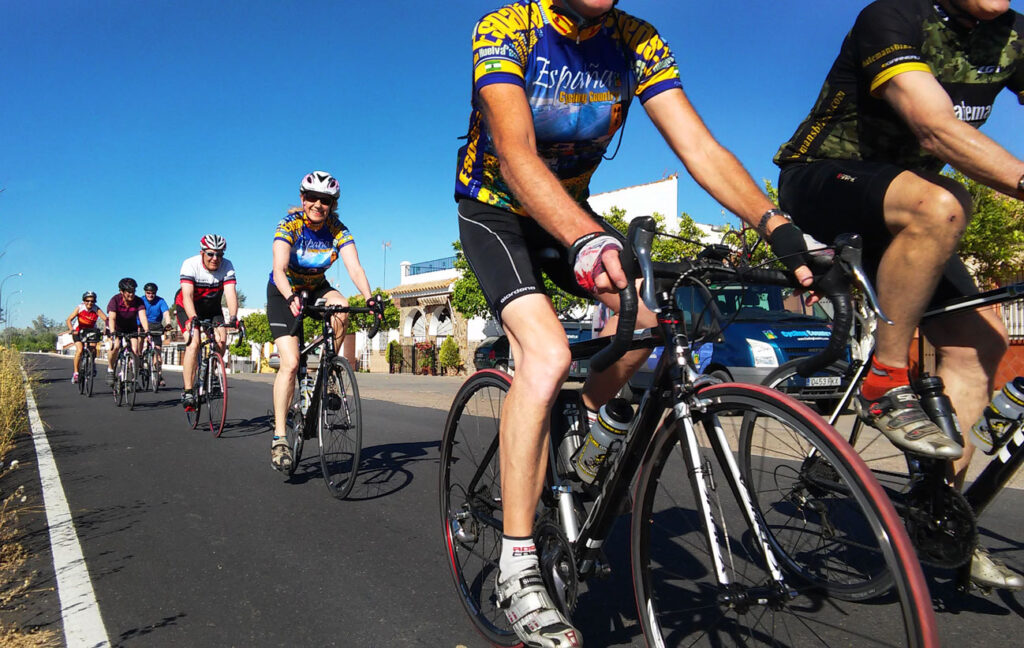
In recent years, biking has evolved beyond just a leisure activity; it has become a powerful tool in the fight for mental health and addiction recovery. The benefits of cycling reach far beyond physical fitness—it fosters resilience, mental clarity, and emotional healing. For individuals facing challenges related to mental health or addiction, biking offers an accessible and therapeutic outlet that empowers them to regain control, rebuild self-worth, and reconnect with themselves.
Physical Health and Mental Clarity
Physical exercise is one of the most effective ways to improve mental health, and cycling stands out as a particularly beneficial form of exercise. Cycling gets the heart pumping, increases circulation, and releases endorphins, the body’s natural mood enhancers. These “feel-good” hormones help reduce anxiety, alleviate depression, and boost overall mood. For those in addiction recovery, who may be dealing with withdrawal symptoms, fatigue, or stress, this natural boost can be transformative.
Cycling also has unique benefits for cognitive function. Research shows that regular aerobic exercise like cycling can improve memory, concentration, and decision-making abilities. This is essential for individuals in recovery, as addiction often affects the brain’s prefrontal cortex—the area responsible for self-control and decision-making. Cycling can help restore and strengthen these areas, making it easier to overcome cravings and make healthier choices.
Emotional Healing and Mindfulness
Addiction and mental health struggles can leave people feeling trapped in negative thought patterns or struggling to cope with overwhelming emotions. Cycling provides an opportunity to engage in mindfulness, a practice of staying present in the moment. When riding, individuals can focus on the rhythm of their breathing, the sensation of pedaling, and the sights and sounds around them. This helps quiet the mind, reduces intrusive thoughts, and promotes a sense of calm. For people dealing with stress, anxiety, or emotional pain, this can be a powerful way to practice self-soothing and release tension.
Additionally, the sense of accomplishment that comes with each ride can improve self-esteem. Setting small, achievable cycling goals—like riding a few extra miles or tackling a hill—offers individuals in recovery a sense of progress and achievement. This builds self-confidence and creates a feeling of purpose that is often lacking in the aftermath of addiction or during mental health struggles.
Building Community and Support
The social aspect of cycling also plays a significant role in mental health and addiction recovery. Cycling groups and clubs bring people together, providing a supportive environment that fosters friendship and encouragement. Many recovery-oriented cycling groups have emerged, offering a safe space where people with similar challenges can share their stories and support each other. This community aspect is essential for individuals in recovery, as social support has been shown to reduce the risk of relapse and improve long-term mental health outcomes.
By joining a cycling group, individuals also gain accountability and motivation. The commitment to ride regularly with others can encourage them to stay consistent, helping to replace old habits with positive ones. Community cycling events and group rides also provide a sense of belonging that many individuals in recovery deeply crave.
Cycling as a Path to Resilience
Cycling embodies resilience. It requires persistence, endurance, and the ability to overcome obstacles—qualities that are essential for those on a journey of recovery. Each pedal stroke becomes a step toward mental clarity, emotional stability, and personal growth. For individuals facing mental health challenges or recovering from addiction, cycling offers a pathway to resilience, strength, and self-discovery.
In a world where the journey to recovery can be daunting, cycling provides a hopeful, active approach to healing. By empowering individuals to reconnect with themselves, build supportive communities, and strengthen both body and mind, cycling has the potential to be a powerful ally in the journey toward a healthier, addiction-free life.